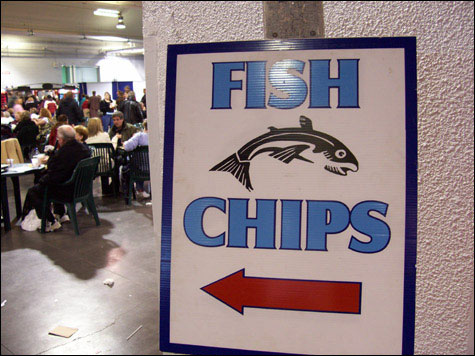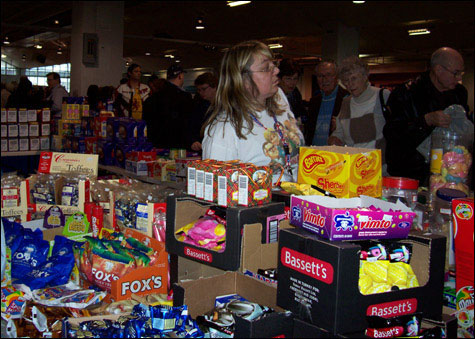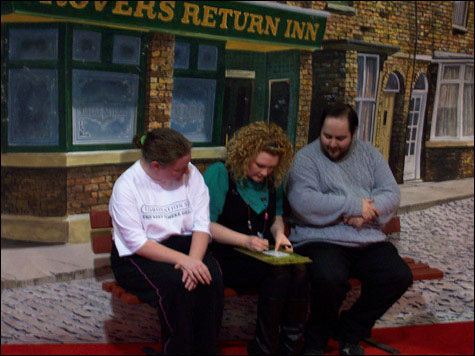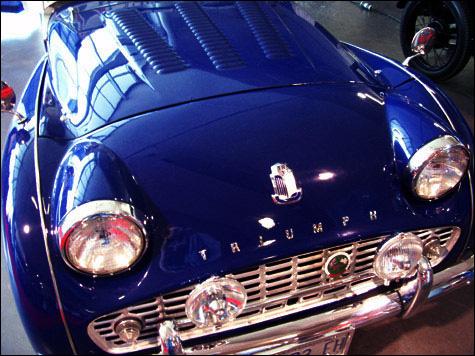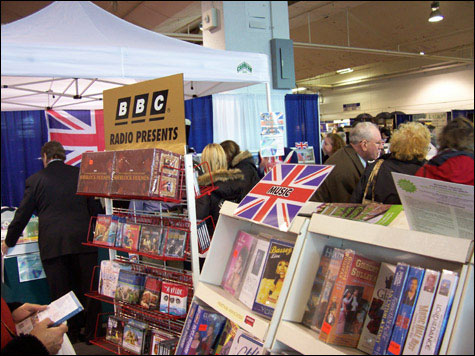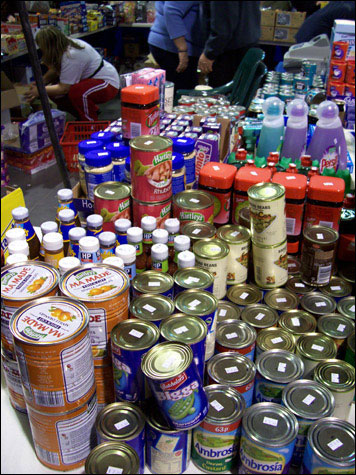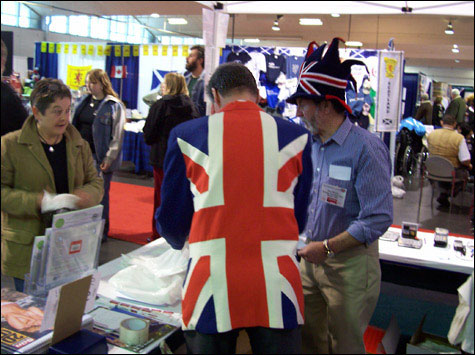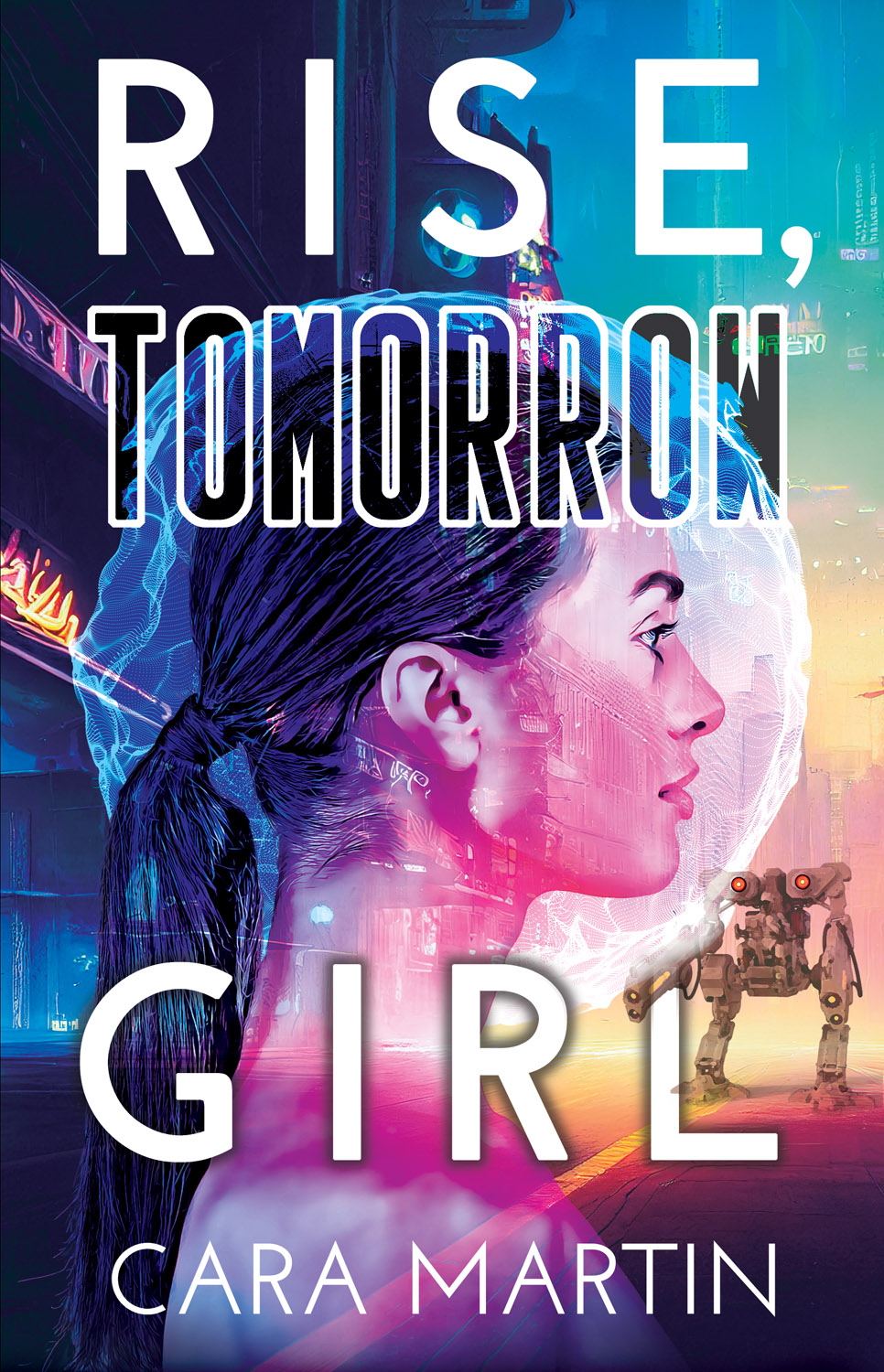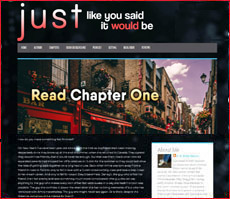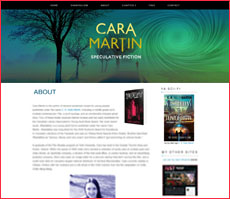I recently read a young adult author's blog where the author mentioned receiving an irate letter from a mother. The mother explained that her daughter had been reading and enjoying said author's books until she encountered the F-word in one and offended, stopped reading. The mother said that in their household they never use the F-word and that in doing so the author chose incorrectly. Further, she notes that the author's books may have some redeeming value - "but at what cost?"
This raises so many issues that I don't know where to start…perhaps by pondering why the F-word is objectionable when society appears to overlook so much other offensive material. Not long ago I linked to an article where Lily Allen criticized MTV for banning one of her videos for containing the very word that so upset the mother mentioned above. Allen said: "They (MTV) said, 'We don't want kids to grow up too quickly,' but then you have Paris Hilton and the Pussycat Dolls taking their clothes off and gyrating up against womanizing men, and that's acceptable."
But perhaps this particular mother isn't just targeting the F-word and is equally upset about the hyper-sexual portrayal of girls and women in music videos and other media, of videogame violence and unsavoury internet activities. Who knows? Either way, to sum up that the author chose wrongly because of one word is simplistic. As a writer, to back away from that word (or any other) when a situation calls for it is dishonest. When reading and writing realistic fiction we're all going to encounter situations and language we don't like. It doesn't necessarily mean the author approves of a given character's language or actions but there's not much point writing realistic fiction if you're not aiming to capture some truth.
However we may try to shield them from it, children are being exposed to ever more sex and violence in the media, at younger and younger ages. Girls are even going through puberty younger (an average of one to two years earlier than they did 30 years ago). Young people need writing that addresses their social situations (for better or for worse), to help them critically reflect on their own lives and choices. Can this be accomplished without the F-word? Sure…sometimes. But if a tough as nails angry young woman character stubs her toe after experiencing the worst Monday morning of her life the first word out of her mouth may not be "fudge" or "sugar." May not be. Maybe she prides herself on holding her tongue or…well, the rationales are endless but they're not going to work for every character, in every situation.
Writing realistic teen fiction means that some characters will swear, have one night stands, help build houses for Habitat For Humanity, deal drugs, score a scholarship to Oxford. In some cases this could even be the same person but the minute a character who would, in reality, swear doesn't the reader has cause to question the veracity of the world the author has created. Hold back on too many fronts (repeatedly avoiding undesirable language and situations) and the entire novel may crumble under the weight of its apprehensions, at which point the work is of no use to anyone.
As you can imagine, the author remarked that it was unfortunate a reader felt this way but that it wouldn't change the way he/she wrote. Perhaps the disapproving mother will find other F-word free material for her daughter but in excluding this particular writer's books from her reading list she will be missing out on many ultimately positive novels which have tackled weighty issues like sexual assault, teen pregnancy and domestic abuse with great sensitivity and insight. Apparently that's the price of indiscriminately avoiding a certain four letter word.
This raises so many issues that I don't know where to start…perhaps by pondering why the F-word is objectionable when society appears to overlook so much other offensive material. Not long ago I linked to an article where Lily Allen criticized MTV for banning one of her videos for containing the very word that so upset the mother mentioned above. Allen said: "They (MTV) said, 'We don't want kids to grow up too quickly,' but then you have Paris Hilton and the Pussycat Dolls taking their clothes off and gyrating up against womanizing men, and that's acceptable."
But perhaps this particular mother isn't just targeting the F-word and is equally upset about the hyper-sexual portrayal of girls and women in music videos and other media, of videogame violence and unsavoury internet activities. Who knows? Either way, to sum up that the author chose wrongly because of one word is simplistic. As a writer, to back away from that word (or any other) when a situation calls for it is dishonest. When reading and writing realistic fiction we're all going to encounter situations and language we don't like. It doesn't necessarily mean the author approves of a given character's language or actions but there's not much point writing realistic fiction if you're not aiming to capture some truth.
However we may try to shield them from it, children are being exposed to ever more sex and violence in the media, at younger and younger ages. Girls are even going through puberty younger (an average of one to two years earlier than they did 30 years ago). Young people need writing that addresses their social situations (for better or for worse), to help them critically reflect on their own lives and choices. Can this be accomplished without the F-word? Sure…sometimes. But if a tough as nails angry young woman character stubs her toe after experiencing the worst Monday morning of her life the first word out of her mouth may not be "fudge" or "sugar." May not be. Maybe she prides herself on holding her tongue or…well, the rationales are endless but they're not going to work for every character, in every situation.
Writing realistic teen fiction means that some characters will swear, have one night stands, help build houses for Habitat For Humanity, deal drugs, score a scholarship to Oxford. In some cases this could even be the same person but the minute a character who would, in reality, swear doesn't the reader has cause to question the veracity of the world the author has created. Hold back on too many fronts (repeatedly avoiding undesirable language and situations) and the entire novel may crumble under the weight of its apprehensions, at which point the work is of no use to anyone.
As you can imagine, the author remarked that it was unfortunate a reader felt this way but that it wouldn't change the way he/she wrote. Perhaps the disapproving mother will find other F-word free material for her daughter but in excluding this particular writer's books from her reading list she will be missing out on many ultimately positive novels which have tackled weighty issues like sexual assault, teen pregnancy and domestic abuse with great sensitivity and insight. Apparently that's the price of indiscriminately avoiding a certain four letter word.




